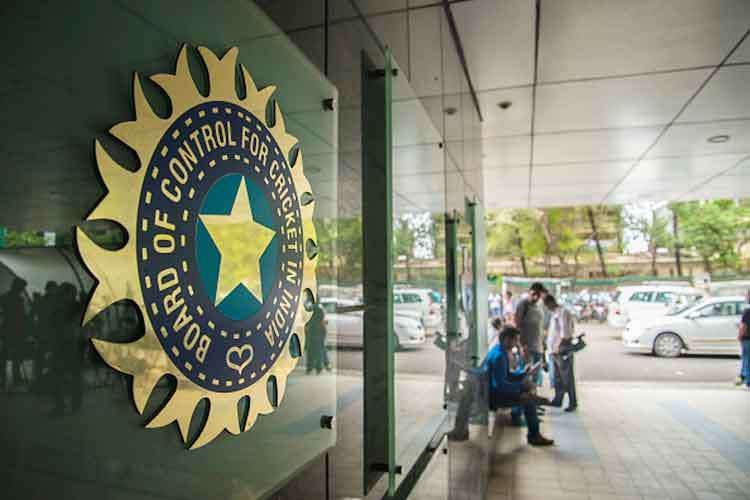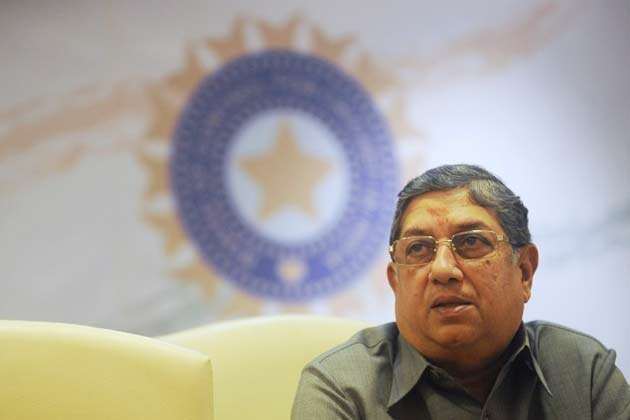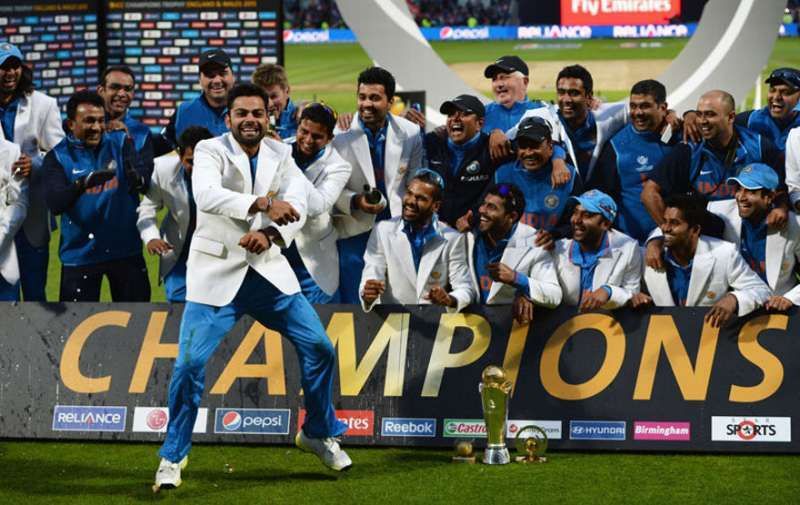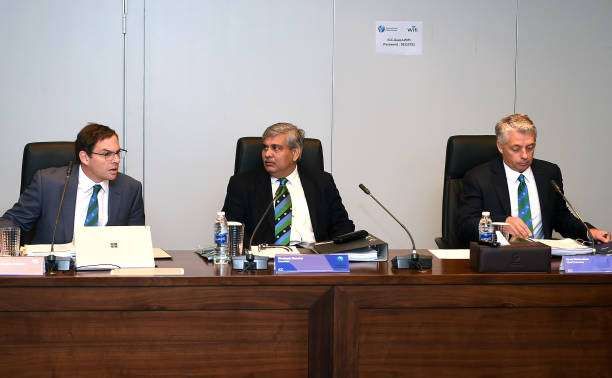
ICC Champions Trophy 2017: Why avoiding confrontation with ICC makes sense for BCCI

Two very surprising events took place at the SGM of BCCI on Sunday, 7th May. Firstly, N. Srinivasan and Niranjan Shah were present at the SGM despite the Supreme Court putting an age cap of 70 years for BCCI administrators. And secondly, the Board not only announced the squad for the Champions Trophy but also decided against sending a legal notice to the ICC.
Predictably, Srinivasan wanted to send notice to the ICC, but taking a quite refreshing approach the members decided against it. It may be due to the influence of the Supreme Court appointed CoA, but it at least showed that the BCCI can deviate from a permanently confrontational stance for once.
Delaying India’s Champions Trophy participation
The administrators and state associations of BCCI are very fortunate that they govern the most popular sport in a country with a population of more than a billion. All the large sums of money the BCCI can command from the sponsors, the burgeoning valuation of the IPL, and the huge price of broadcast rights are because of two factors – the fans and the players. Players attract fans and fans bring in money.
So it was not at all surprising to see the BCCI using both the players as well as the fans as baits in their quarrel with the ICC by delaying the submission of the Indian squad for the Champions Trophy. There should not have been an iota of doubt over India’s participation in the tournament and the squad should have been announced on the deadline of 25th April.
The BCCI, however, did it just to pressurise the ICC but it is certainly not the right tactic. It is completely wrong on the fans who have purchased match tickets or have finalised plans to go to England to watch the matches. The BCCI should have never let India’s participation in the tournament be questioned.
BCCI’s show me the money approach

BCCI‘s main grouse is their reduced share based on the new revenue sharing module the ICC wants to implement. The BCCI thinks it’s their right to claim $570 million as opposed to around $293 million they will be getting based on the new model. The old guard of the BCCI, however, needs to understand that when they are playing ICC tournaments, they are not contributing solely for their own profit; they are contributing to the overall growth of cricket across the world.
The BCCI is still getting more than double the amount than second-placed England Cricket Board (ECB) whose share is $143 million. A loss of $180 million is not going to make BCCI go bankrupt.
If not be the magnanimous attitude about giving their share to cash-strapped boards of Zimbabwe, Afghanistan, Ireland, the BCCI should at least accept that these boards require funds for growing cricket in that region. They can accuse of the Zimbabwe Cricket Board might be corrupt, but the BCCI itself is not completely free from the same fault either.
The example of Brendan Taylor who, at 29, retired after having a wonderful World Cup in 2015 to play in the English County should have acted as an eye-opener. There are players who migrate to countries with richer cricket boards to support their financial needs. The BCCI should act as a leader here to pave way for other cricket boards to make sure this does not happen.
Financially strong cricket boards of full members and associate nations of the ICC is only going to make BCCI’s big cash cow like the IPL stronger with a chance of having more diverse players. The ultimate beauty of cricket is when an unknown talent from a little-known place goes head-on against more established big names.
The richest cricket board in the world squabbling for more money does not paint the right picture. What BCCI should fight more is about strengthening India’s position in the new governance structure.
The BCCI is always going to be the main financial backbone for global cricket for years to come because of the sheer popularity of cricket amongst the Indian audience. There is and will be no other board who can match the financial prowess of the BCCI and so it will continue to find more ways to make more money.
Also read: ICC Champions Trophy 2017: Kane Williamson speaks about New Zealand's plans
ICC’s Board games
The ICC is as whimsical as any international governing body of any sport. It appointed Shashank Manohar as its first ‘independent’ ICC chairman in order to use a native to kerb the growing financial clout of his native board. The term ‘independent’ is very important here as it means Manohar does not need BCCI’s support to remain as ICC chairman.
They have also been trying with renewed vigour to corner the BCCI and it has been supported by the cricket Boards of England, Australia and South Africa. The dark period for sub-continental teams under Malcolm Gray and Malcolm Speed seems to be returning, but this time only for the BCCI. Back then, Jagmohan Dalmiya made sure BCCI’s interests were not hurt in any way.
This time the BCCI needs to adapt to the changing times and handle the situation with subtlety rather than becoming abrasive. Hence it is refreshing to see the conclusion of recently held SGM that the BCCI is not going to send any notice to the ICC.
The BCCI has shown that it can shift from its traditional arm-twisting approach to a more collaborative one where it is willing to solve the issues with constructive communication with the ICC. One might add that it was possible because a certain CoA sits above all administrators and state associations. But this has to be the way forward for the BCCI.
The CoA is only a caretaker of the BCCI management, so when it hands over the reins to the suitable people in the near future, it needs to ensure that they will follow the same path the CoA is currently following. Only then can India truly become a superpower in global cricket.
Also read: Anil Kumble’s new Team India contract to be discussed post ICC Champions Trophy

